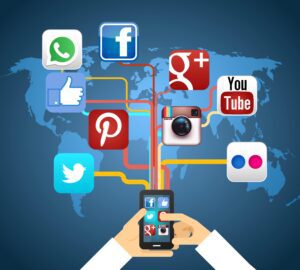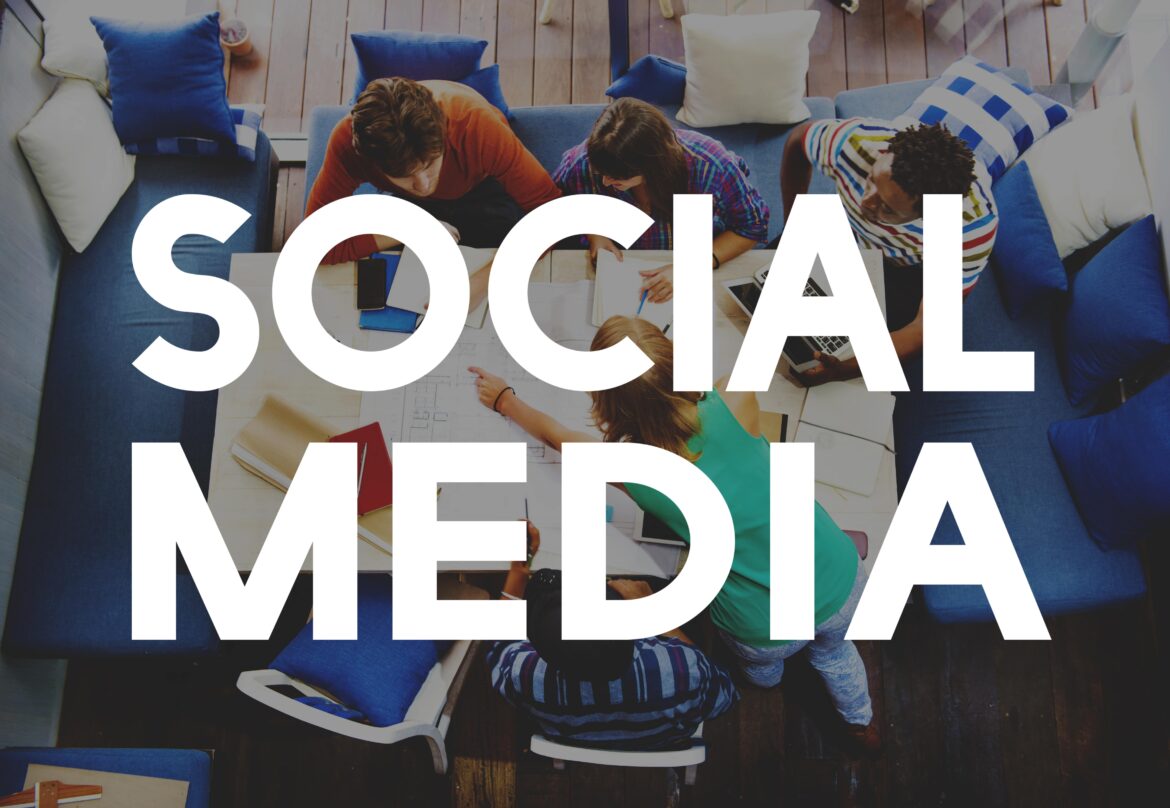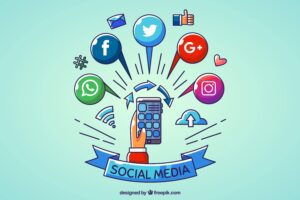[table id=1 /]
1. Introduction
In our digital age How Social Media Usage Affects Mental Health, these platforms like Facebook, Instagram, Twitter, and Snapchat are everywhere. Yet, one question looms large: How does social media usage affect mental health?
 2. The Evolution and Popularity of Key Social Media Platforms
2. The Evolution and Popularity of Key Social Media Platforms
- Facebook: Boasting billions, Facebook’s vast outreach has been linked to feelings of loneliness and depression.
- Instagram: A haven for visuals, yet it’s also where many grapple with body image and self-esteem issues.
- Twitter: With its rapid-fire opinions, it’s not surprising that anxiety and cyberbullying cases are on the rise.
- Snapchat: Perfection is pursued here, often to the detriment of its younger users.
3. The Positive Facets of Social Media for Mental Well-being
From online support communities that offer resources and connections, to channels encouraging expression, creativity, and learning, social media isn’t all bad. Engaging with diverse perspectives can indeed be beneficial.
4. The Dark Side of Social Media and its Impact on Mental Health
- Social Comparison: In scrolling, there’s danger. Comparing ourselves to others can brew envy and feelings of inadequacy.
- FOMO (Fear of Missing Out): An old concept, now heightened by constant online updates.
- Online Validation: Chasing likes and shares, but at what cost to our self-worth?
- Cyberbullying: Especially prevalent on platforms like Twitter, its consequences are far-reaching and deeply scarring.
5. Studies and Evidence: Delving into Research
Research reveals troubling links between platforms like Facebook and Instagram and growing mental health challenges. However, effects can vary based on user demographics, usage frequency, and platform specifics.
 6. Strategies for Healthier Social Media Consumption
6. Strategies for Healthier Social Media Consumption
- Digital Detox: Occasionally, step back. The online world can wait.
- Mindful Usage: Be present. Set clear boundaries.
- Avoiding Pitfalls: Sidestep the snares of social comparison and the thirst for online validation.
7. Conclusion
Understanding how social media usage affects mental health is paramount in our digital-dominated era. Embrace the virtual world but with balance and mindfulness at heart.
8. References
- [Research link on Facebook and mental health]
- [Study discussing Instagram and self-esteem]
- [Data on Twitter and its association with anxiety]
- [Snapchat’s influence on the youth: A deep dive]
FAQ on Social Media and Mental Health
Q: How does social media affect mental health?
A: Social media can influence mental health in various ways. It can foster feelings of connection, but excessive or negative use can lead to issues like depression, anxiety, loneliness, and reduced self-esteem.Q: What are the effects of media consumption on mental health?
A: Media consumption affects our worldview and emotional well-being. Constant exposure to negative news can induce stress and fear, while positive content can uplift. The nature, frequency, and understanding of the media consumed play a critical role in its impact.Q: What are the 5 factors affecting mental health?
A: The five major factors affecting mental health are:- Biological factors, such as genes or brain chemistry.
- Life experiences, like trauma or abuse.
- Family history of mental health issues.
- Environmental stressors, such as a job or relationship.
- Social and economic circumstances, including access to basic needs and support systems.
Q: What are the negative impacts of social media?
A: Negative impacts of social media include cyberbullying, social comparison leading to envy or feelings of inadequacy, the quest for online validation affecting self-worth, FOMO (Fear of Missing Out), and exposure to unrealistic portrayals of reality.Q: How does social media cause stress?
A: Social media can cause stress through information overload, exposure to negative news or conflicts, pressure to maintain an idealized online persona, and perpetual comparison with peers leading to feelings of inadequacy.Q: How does social media affect students?
A: Social media can be both a distraction and a source of academic pressure for students. It can impact their self-esteem, attention span, and sleep patterns. However, it can also be a valuable resource for learning and global connection when used mindfully.Q: How does social media affect mental health in youth?
A: For the youth, social media shapes identity, self-worth, and relationships. While it offers a platform for self-expression and connection, excessive use can lead to issues like depression, anxiety, body image concerns, and cyberbullying.Q: What percentage of mental health issues are caused by social media?
A: The exact percentage can vary based on demographics and specific studies. Some research suggests that heavy social media use can increase the risk of mental health problems by 20-30%, especially in youth, but definitive figures require more comprehensive research.Q: How does social media create social anxiety?
A: Social media can heighten social anxiety by amplifying fears of missing out, negative evaluations, and the pressure of presenting oneself favorably. Seeing others’ highlight reels can make users feel inadequate, increasing feelings of isolation.

 6. Strategies for Healthier Social Media Consumption
6. Strategies for Healthier Social Media Consumption